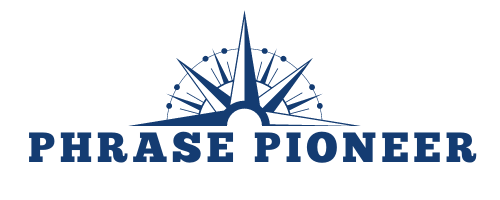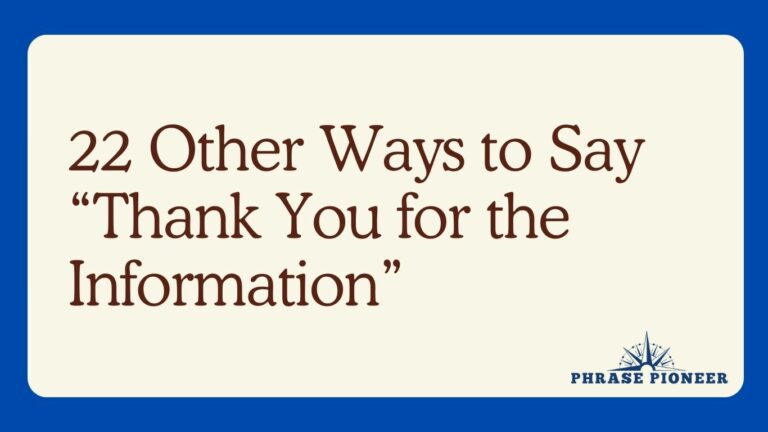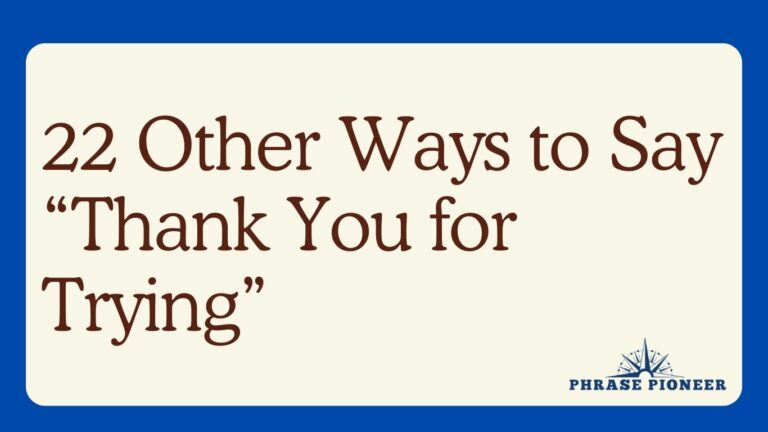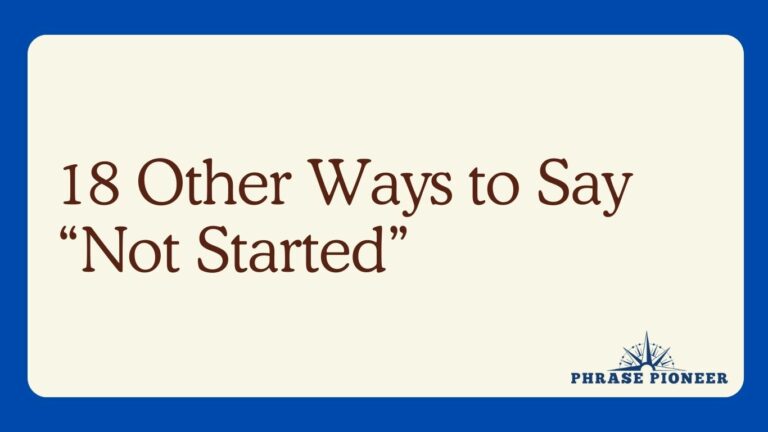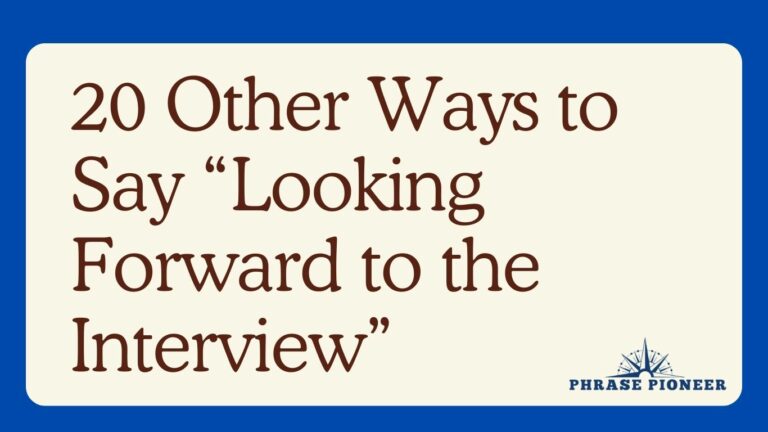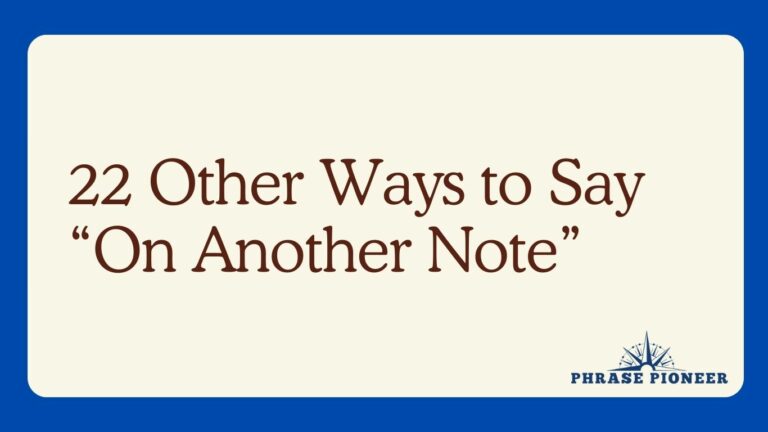22 Other Ways to Say “I Need Your Help”
Expressing the need for assistance is a common situation, whether at work, in personal relationships, or during casual interactions. It’s important to convey your request in a way that feels comfortable and appropriate for the context. Here are 22 alternative ways to ask for help, each with an example and an explanation.
Direct Requests
1. “Can you assist me with this?”
- Example: “I’m having trouble with these financial reports; can you assist me with this?”
- Explanation: A clear and polite way of asking for help that conveys respect for the person’s ability to provide assistance.
2. “I could use your expertise.”
- Example: “You’re the best at graphic design in the office, and I could use your expertise on this project.”
- Explanation: This phrase frames the request for help by acknowledging and valuing the other person’s skills.
3. “Would you mind lending a hand?”
- Example: “I’m a bit overwhelmed setting up for the event, would you mind lending a hand?”
- Explanation: A considerate way to ask for help that also gives the person an opportunity to decline politely if they are unable to assist.
Expressing Urgency
4. “I’m in a bit of a bind and could use your assistance.”
- Example: “I’m in a bit of a bind with the deadline approaching and could use your assistance to wrap things up.”
- Explanation: This communicates that there’s an immediate need for help, potentially due to unexpected circumstances.
5. “Your help is urgently needed.”
- Example: “We’ve encountered a problem right before the launch; your help is urgently needed to address it.”
- Explanation: An express call to action that connotes the critical need for support promptly.
6. “I’m struggling and could really use your support.”
- Example: “I’m finding it hard to cope with this workload alone, I’m struggling and could really use your support.”
- Explanation: This opens up about personal difficulty and directly states the need for assistance.
Polite Enquiries
7. “Could I ask for your help with something?”
- Example: “You’re so organized, could I ask for your help with planning this party?”
- Explanation: A gentle and formal way of requesting assistance that also demonstrates appreciation for the other’s abilities.
8. “I’d appreciate your guidance on this.”
- Example: “You’ve navigated this kind of issue before, and I’d appreciate your guidance on this.”
- Explanation: This request not only seeks help but also tips a hat to the other person’s experience or knowledge.
9. “Would you be willing to help me out?”
- Example: “I can’t seem to figure out this problem – would you be willing to help me out?”
- Explanation: Offers the individual a choice to opt-in to help, showing respect for their willingness to contribute.
Suggesting Partnership
10. “I could use a second pair of eyes.”
- Example: “I’ve been looking at these numbers for too long – I could use a second pair of eyes.”
- Explanation: A common idiomatic expression indicating a desire for someone else to review or check your work for any mistakes or oversights.
11. “Let’s tackle this together.”
- Example: “This is quite a challenging project; let’s tackle this together.”
- Explanation: A more inclusive approach that suggests teamwork and collaboration.
12. “I need a partner on this.”
- Example: “The scope of this initiative is broad – I need a partner on this to ensure success.”
- Explanation: This request implies a deep level of involvement and shared responsibility.
Offering a Trade
13. “Can we collaborate on this?”
- Example: “Your input would be extremely valuable – can we collaborate on this project?”
- Explanation: Positions the request for help as an invitation to work jointly on a task or project.
14. “If you can help with this, I’m happy to return the favor.”
- Example: “If you can help me move this weekend, I’m happy to return the favor and babysit whenever you need.”
- Explanation: This implies a reciprocal agreement; the speaker is willing to help the other person in the future in exchange for assistance now.
15. “Let’s exchange our skills.”
- Example: “You’re great with writing, and I’m good with numbers. Let’s exchange our skills to finish this work more efficiently.”
- Explanation: Proposes a mutually beneficial swap of expertise or effort.
Understated Assistance
16. “I’m seeking a little advice on this matter.”
- Example: “I’m unsure how to proceed with this plan and I’m seeking a little advice on this matter.”
- Explanation: Requests help in the form of advice, which might feel like a lighter ask than outright assistance.
17. “Your input would be invaluable.”
- Example: “Given your track record with start-ups, your input on my business idea would be invaluable.”
- Explanation: Focuses on the helpfulness of the person’s opinion or advice to encourage their involvement.
18. “It would mean a lot if you could help me with this.”
- Example: “I really respect your skills, so it would mean a lot if you could help me with this presentation.”
- Explanation: This communicates the emotional significance of their help, adding a personal touch.
Requests for Specific Help
19. “I’m having trouble and thought of you.”
- Example: “I’m having trouble with the new software, and immediately thought of you as the right person to teach me.”
- Explanation: It directly links the need for help with the specific skills or expertise that the other person has.
20. “Could you offer some assistance with this?”
- Example: “I’m finalizing this report, but I could use some fresh insights. Could you offer some assistance?”
- Explanation: Asks for help in a formal and courteous manner while distinctively pointing out what kind of help is needed.
21. “I’m missing a piece – can you provide it?”
- Example: “This puzzle is missing a crucial budget analysis – can you provide it?”
- Explanation: It’s a metaphorical way of saying that the help seeker has most of what they need but lacks one important element the listener can provide.
22. “Would you mind contributing your thoughts?”
- Example: “We’re brainstorming for this campaign, would you mind contributing your thoughts?”
- Explanation: Positions the request as an invitation to share their ideas or opinions on a topic.
Requesting help can sometimes be difficult, but it’s a natural part of human interaction and teamwork. These alternative phrases offer a wide range of options, from straightforward to more nuanced, depending on the situation and your relationship with the person you’re asking. They allow for respect, politeness, and consideration of the other person’s willingness and capability to assist, fostering a cooperative atmosphere.
